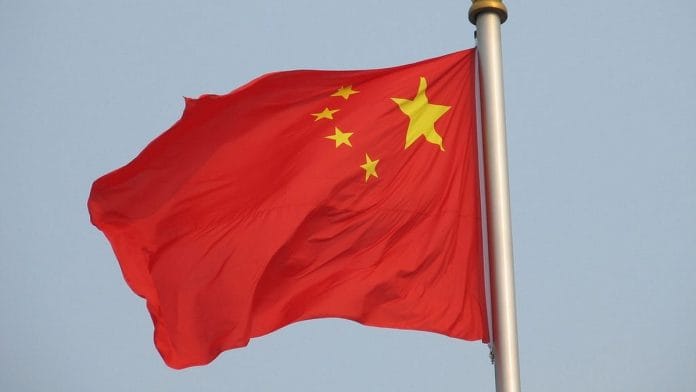New Delhi: China has been expanding its influence within the United Nations (UN) in recent years by increased funding, strategically placing its key officials and choosing to lead the most influential agencies, says a study by think-tank Gateway House released Thursday.
China, one of the five permanent members of the UN Security Council, has propelled itself to this position by raising its monetary contributions to the UN, which rose from $190 million in 2010 to $1.6 billion in 2019, the study says.
In the same period, India’s funding to the UN rose from $89.4 million to $132 million.
The Security Council is one of the UN’s six main organs, and is aimed at maintaining international peace and security.
In 2010-2019, China’s mandatory donations as a UN member increased by 1096 per cent and voluntary donations by 346 per cent. In mandatory contributions, at 12 per cent of the total, China is the second largest donor after the US.
UN agencies led by China are also “directly and indirectly linked to its domestic agendas like the Belt and Road Initiative, Make in China 2025 and the rise of Chinese companies”.
Also read: WHO global study on Covid origins ‘important first step’, says India
‘China’s foreign policy agenda endorsed, co-promoted by UN’
The study finds that China is present either as the head or a deputy position in almost all the critical international agencies. The most prominent include the International Telecommunications Union (ITU), the United Nations Industrial Development Organisation (UNIDO), the International Civil Aviation Organisation (ICAO), the Food and Agriculture Organisation (FAO), and the International Maritime Organisation (IMO).
China directly heads four of these 15 main agencies too: FAO, UNIDO, ITU and ICAO.
Moreover, the UN institutions where China occupies no position have signed Memorandums of Understanding and China’s Belt and Road Initiative (BRI), the study says.
The study claims “China’s foreign policy agenda gets endorsed and co-promoted by the UN”, citing three agreements.
For example, in May 2017, ICAO Secretary-General Fang Liu signed an agreement with the Chinese Vice Minister of Commerce in which the Chinese government pledged a grant of $4 million to ICAO for projects “relating to safety, security and sustainable development of air transport”. The study sees this as an investment catered to BRI.
The study makes suggestions on how India should tackle this challenge. Citing the International Solar Alliance and Coalition for Disaster Resilient Infrastructure as good efforts, the study says India needs to further embed itself in the multilateral system.
New Delhi should also raise its voluntary contributions to the UN and strategically place its own people in the system, states the study.
Established in 2009, Gateway House: Indian Council on Global Relations is a foreign policy think-tank based in Mumbai. Research for its latest study was conducted over four months in 2020-21 and involved studying UN agencies, funds and programmes, as well as non-UN security, finance, and scientific agencies.
Also read: India-US vaccine partnership can make real difference: Jaishankar after meeting NSA Sullivan






